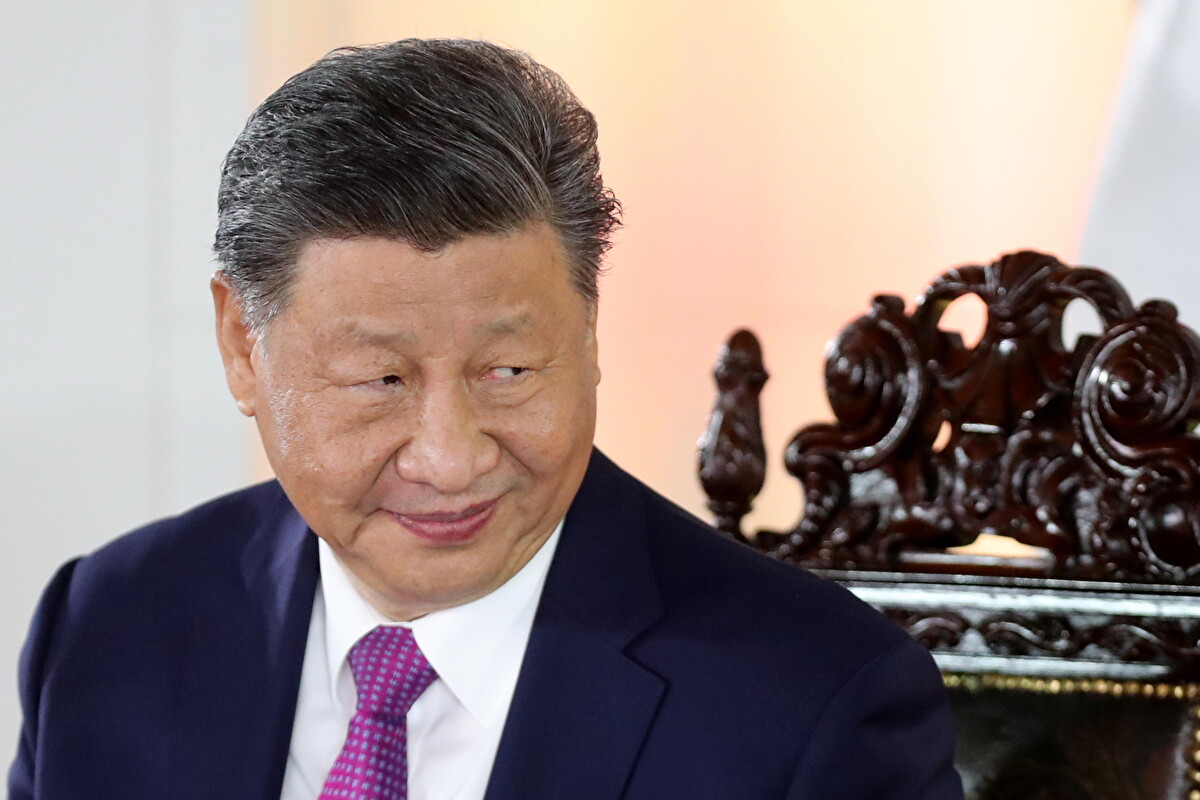When Paul, Weiss, Rifkind, Wharton & Garrison reached a deal with the Trump administration last year, the firm was trying to protect its position in a legal market increasingly shaped by executive pressure and internal volatility. It was one of several elite firms that quietly made similar moves after the White House targeted law firms over their diversity programs and client relationships, as reported by The New York Times.
The episode exposed deeper changes in the legal profession. The traditional model — long-term loyalty between lawyers, clients, and firms — has been replaced by a more fluid system where high-performing partners move frequently and take clients with them. The shift has created instability, even among firms with rising profits.
Paul Weiss had already undergone a major transformation. In 2011, it hired a team of lawyers who brought with them Apollo Global Management, a major private equity client. That hire helped the firm expand into mergers and acquisitions, an area that has become central to its business. Over the next decade, Paul Weiss earned hundreds of millions of dollars advising Apollo on deals across multiple industries.
But that growth also increased the firm’s exposure. In a message to colleagues after the White House agreement, Paul Weiss chairman Brad Karp said rival firms had attempted to take advantage of the situation by recruiting its lawyers and soliciting clients.
Several other firms — including Skadden, Milbank, and Willkie Farr — reached similar understandings with the administration, avoiding direct confrontation over Trump’s executive orders that targeted firms that received federal funds while maintaining diversity fellowships or representing clients opposed by the administration.
A group of smaller firms has challenged the orders in court, arguing they violate the First Amendment. But larger firms, especially those focused on corporate transactions, have stayed silent. Many rely on partners who generate significant revenue and expect flexibility to move between firms.
Much of that shift traces back to the rise of Kirkland & Ellis. In the early 2000s, the firm began aggressively expanding into private equity work and offered salaries tied directly to revenue, rather than seniority. That model proved successful, and by the 2010s, other firms began adopting it.
In 2016, Paul Weiss hired Scott Barshay, a prominent M&A partner from Cravath, Swaine & Moore. The firm later recruited a team of corporate lawyers from Kirkland, further expanding its transactional practice. Paul Weiss now operates under a hybrid compensation model: most partners follow a seniority-based scale, but high performers negotiate separately.
The result is a fragmented market. Between 2018 and 2024, more than 5,700 corporate lawyers switched firms, according to data from legal recruiter Macrae — more than twice the number of litigators who made similar moves.
Recruiters say firms are now judged less by their institutional identity than by the revenue brought in by individual lawyers. “It’s not the firm clients are loyal to,” said Katherine Loanzon of Kinney Recruiting. “It’s the individual lawyer.”
Paul Weiss’s revenue has grown under Karp’s leadership. According to ALM data, profits per equity partner reached $7.5 million in 2024. But the firm, like many of its peers, remains vulnerable to political pressure and internal movement — forces that continue to reshape the structure of Big Law.












